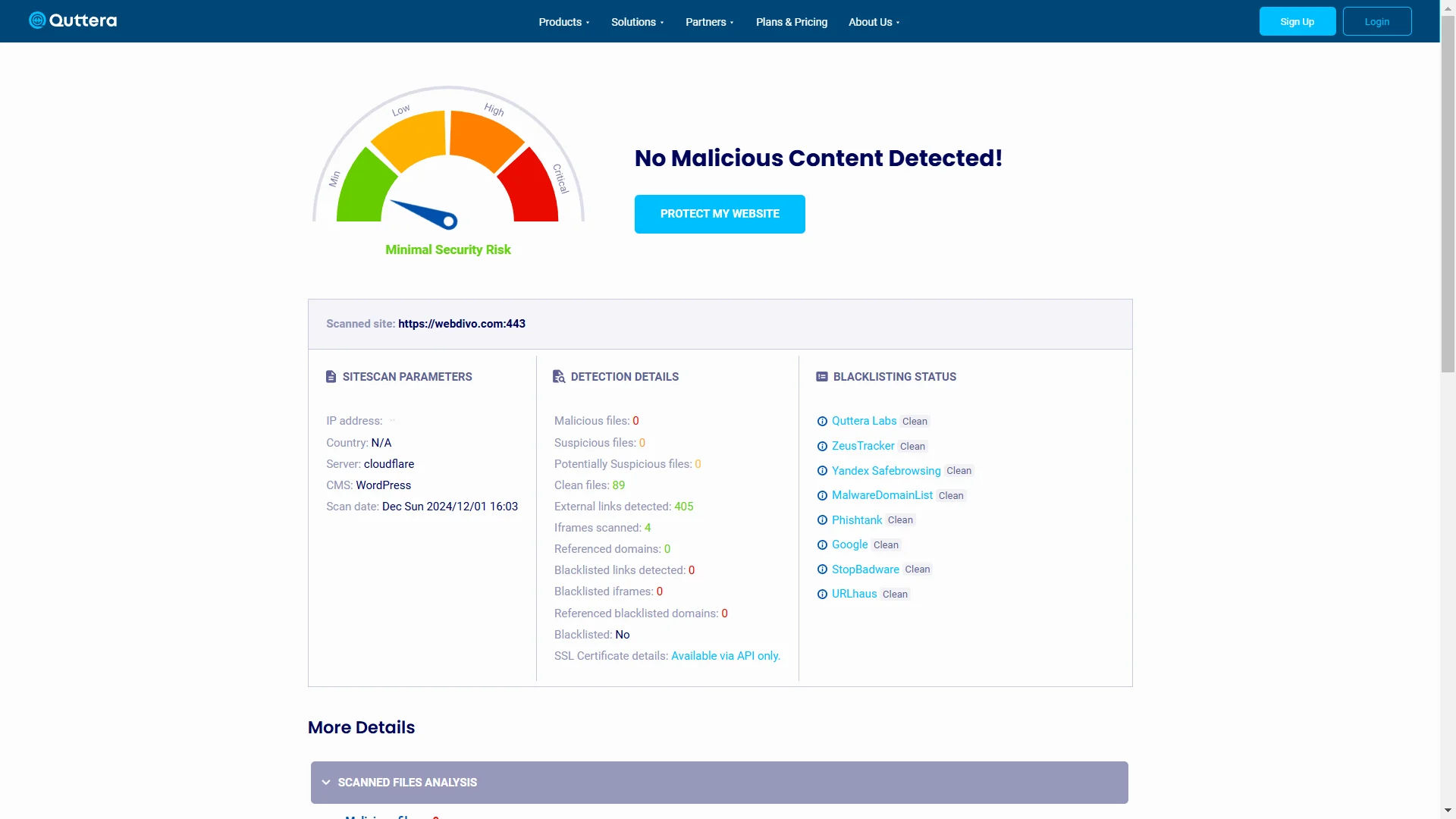Launching or rebranding your website is exciting. You’ve picked the perfect name, secured your domain, and designed a beautiful site. You’re ready to share it with the world — until you hit an unexpected roadblock.
Your brand-new domain is flagged as phishing or malicious by antivirus software. Instant frustration, right? This happened to me, and I learned exactly how to fix it without losing my mind — or my visitors.
Key Takeaways:
Step 1: Confirm If Your Domain Is Really Flagged
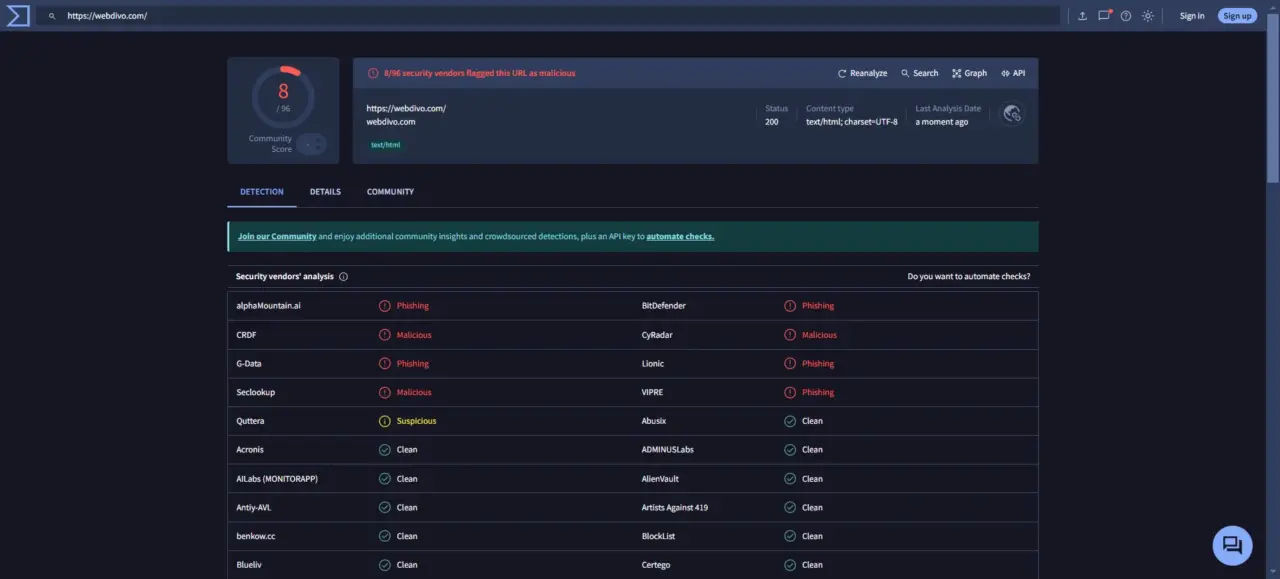
When friends told me they couldn’t access my site because their antivirus blocked it, I panicked. I ran multiple scans, and most showed no issues — except VirusTotal, which revealed exactly which antivirus vendors had blacklisted my domain.
Where To Check Your Domain’s Reputation:
- VirusTotal – Aggregates results from dozens of antivirus engines.
- Google Safe Browsing – Checks if Google has flagged your site.
- Sucuri SiteCheck – Scans for malware and security issues.
Step 2: Scan Your Website With Trusted Security Tools
Even if you believe your website is clean (no nulled themes, no shady scripts), it’s important to verify with reputable scanners. This not only gives you peace of mind, but also proof when requesting a review.
Recommended Free Website Scanners:
- Sucuri – Malware scanner and WordPress security plugin.
- Quttera – Fast, cloud-based malware detection.
- PCRisk – An underrated but effective malware scanner.
Pro Tip: If malware is detected, fix it before proceeding. Sometimes, rebuilding the website can be faster and cheaper than cleaning severe infections.
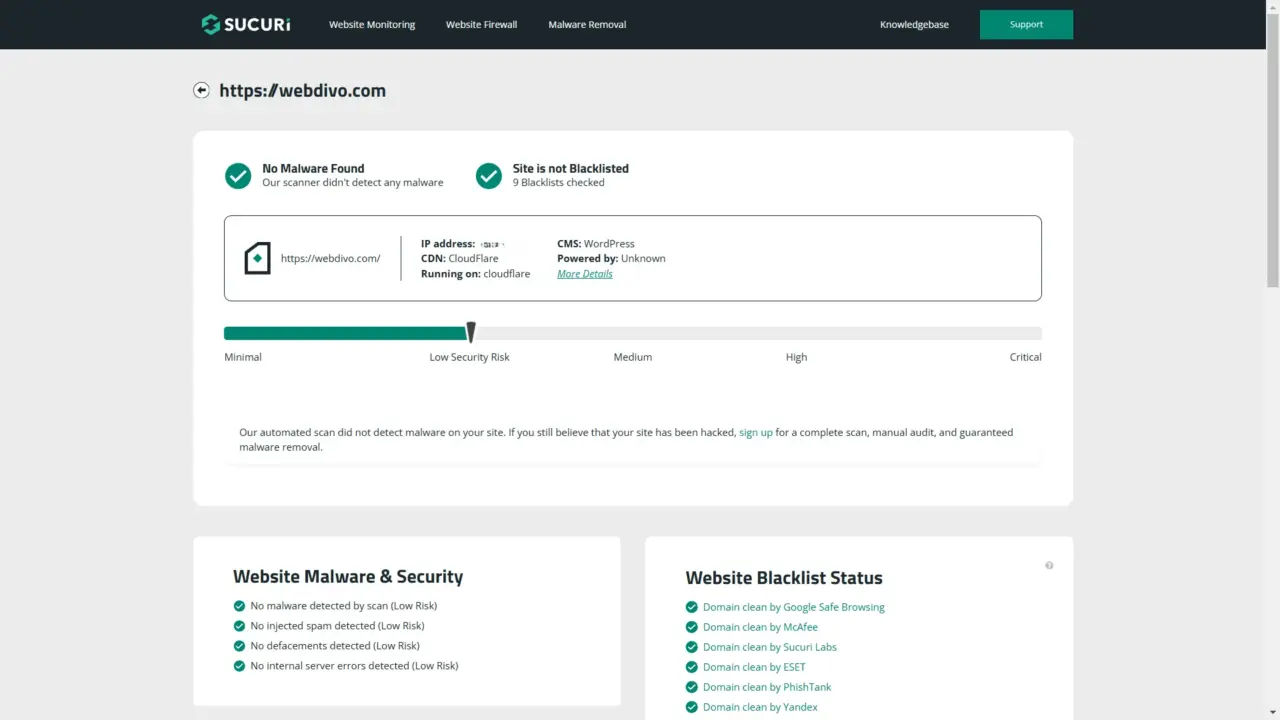
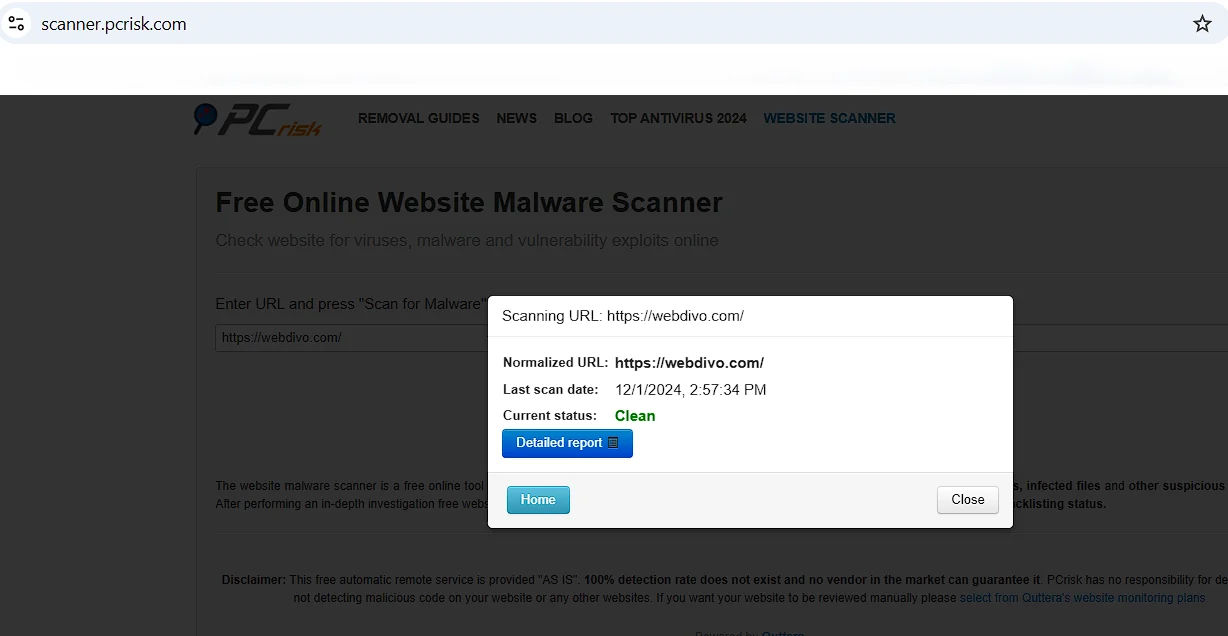
Step 3: Report a False Positive to Antivirus Companies
A false positive is when antivirus software mistakenly flags a safe website as dangerous. Fortunately, most antivirus companies allow you to request a manual review.
How To Report a False Positive:
- Use VirusTotal to identify which antivirus engines flagged your site.
- Visit their False Positive Contacts to find their false positive report form or email.
- Send a polite but detailed request with proof of clean scans.
False Positive Submission Email Template
Subject: False Positive – Request for Review of [YourDomain.com]
Dear [Antivirus Company] Team,
I am requesting a review of my domain, [YourDomain.com], which has been flagged as [Phishing / Malicious] on your platform.
I have run multiple scans using Sucuri, Quttera, and PCRisk, all of which confirm my site is clean.Attached are the scan reports for your reference. Please review and remove this false positive warning.
Best regards,
[Your Name]
[Your Domain Email]
Important: Always submit using your domain email to prove ownership, and attach recent clean-scan results.
Step 4: Wait for the Review — and Follow Up
In my case, within 48 hours of sending requests, my VirusTotal results improved from 8/96 flagged to 2/96. A few days later, I achieved 0/96, meaning no antivirus engines flagged my site anymore.
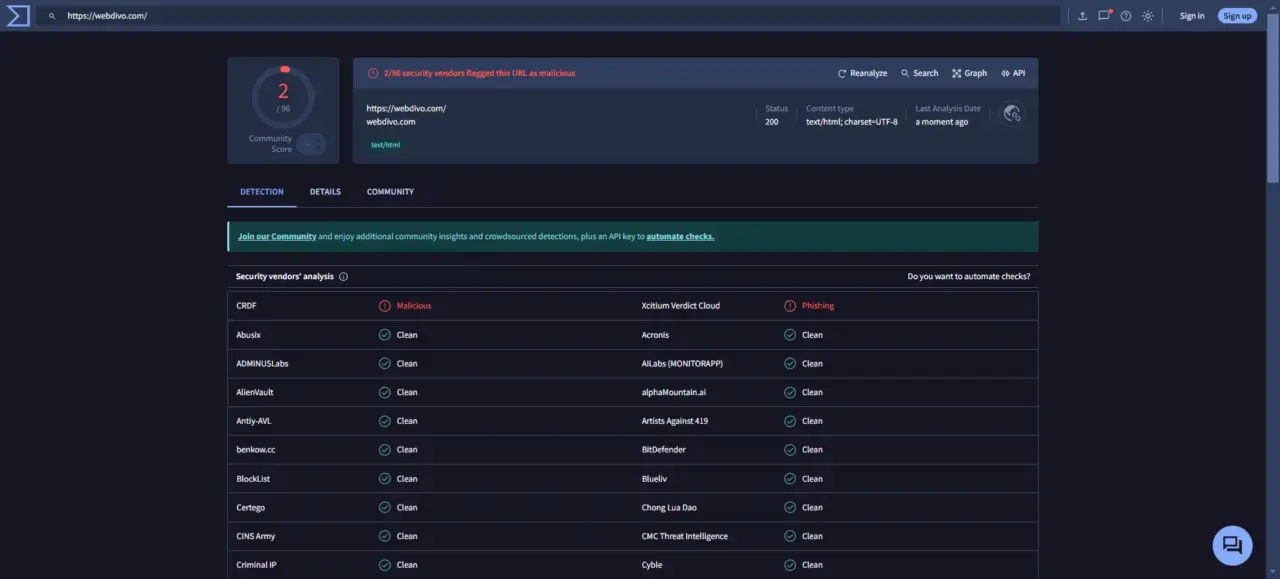
Update – December 5, 2024
My domain is now completely clean in VirusTotal and other security platforms. Persistence paid off.
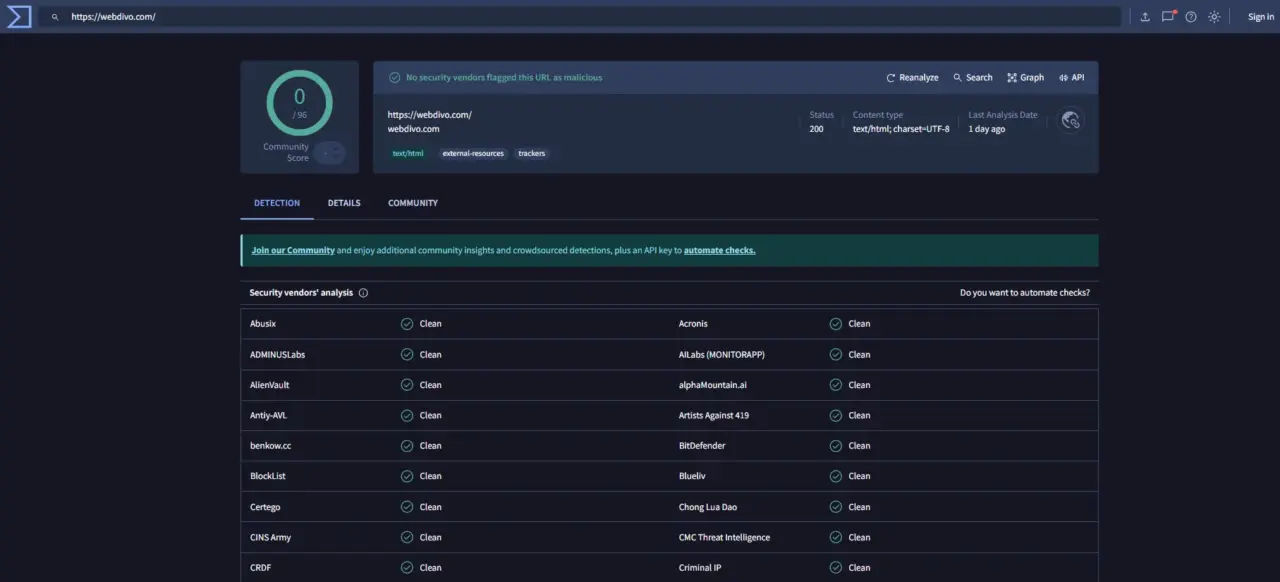
Final Thoughts: Stay Persistent and Be Patient
Having your new domain flagged can feel like a nightmare, but it’s usually fixable. The key is to act quickly, provide solid proof, and follow up with each antivirus company.
Remember:
- Don’t panic.
- Use reputable security tools.
- Keep documentation ready.
- Be polite but persistent.
With the right approach, your website can regain a clean online reputation — and your visitors will trust it again.

